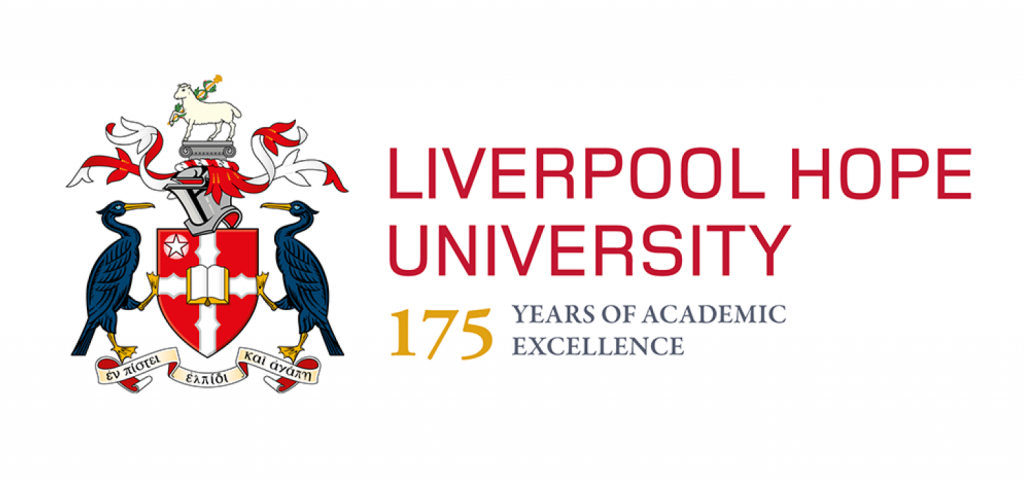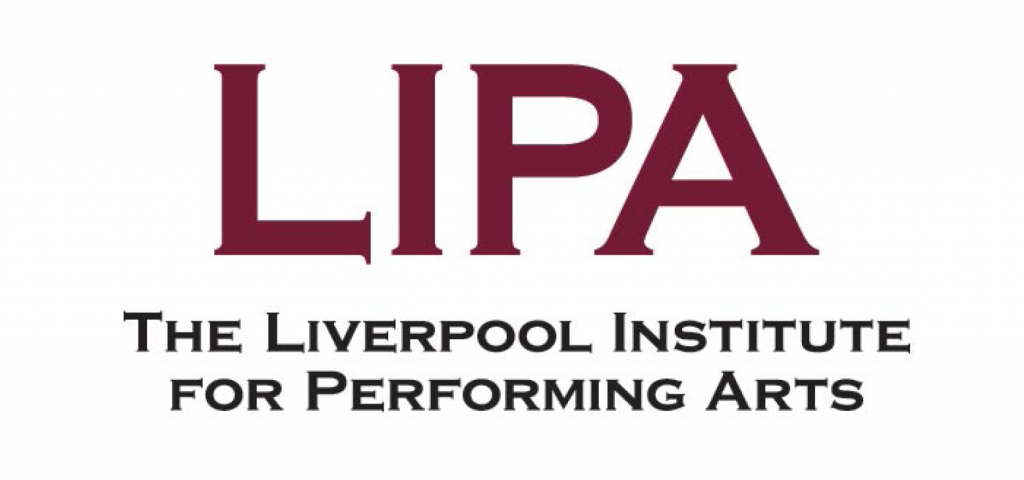Pathways into Higher Education
There are lots of different routes into Higher Education, to suit different interests, aspirations, skill sets and previous qualifications. Some of them you might be more familiar with, like A Levels and BTECs, while others you might not have heard of, or might not understand too well.
In this section of our website you’ll find an overview of the some of the different qualifications which provide a pathway to Higher Education and links to our partner institutions who offer these qualifications.























